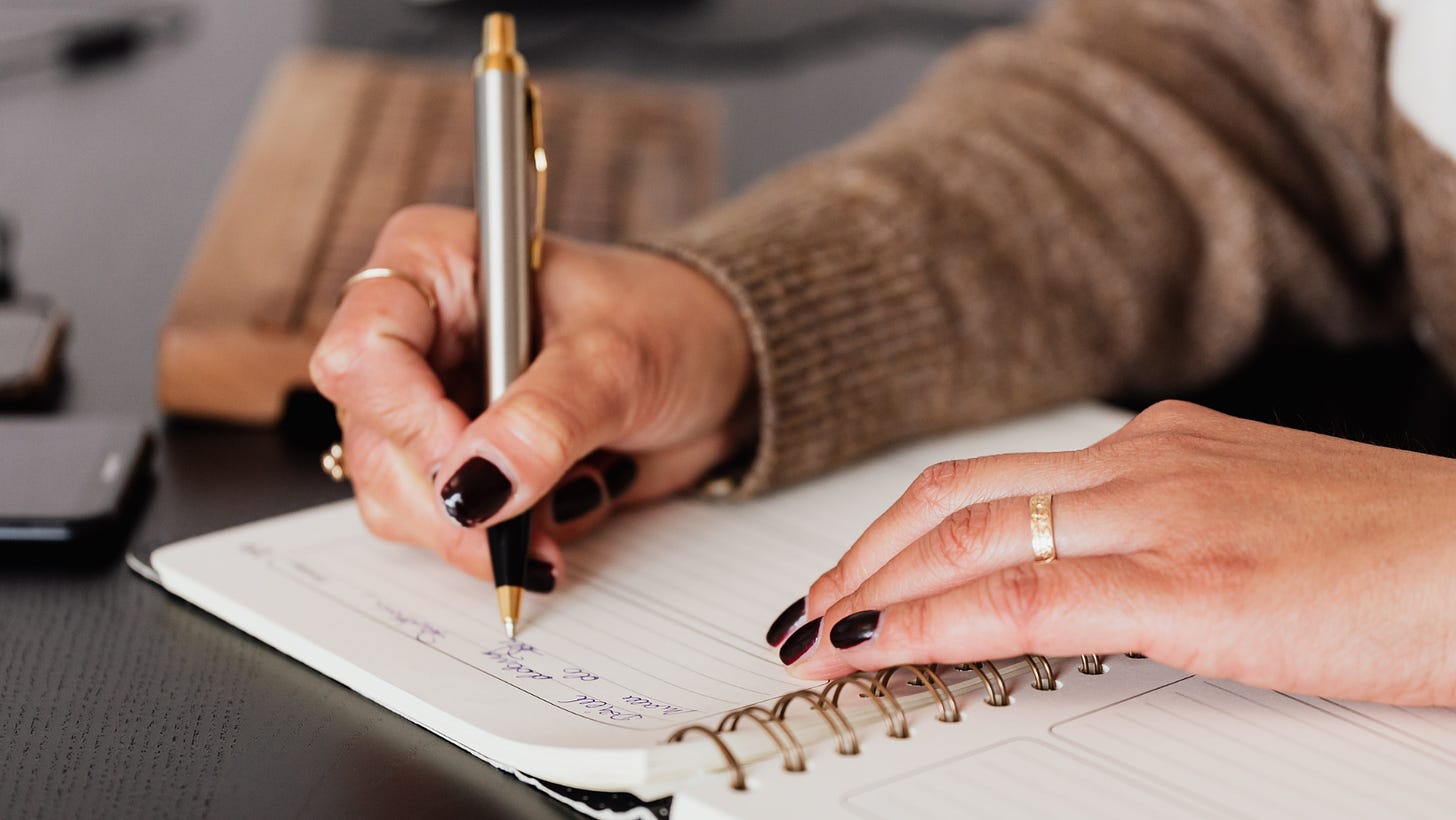Writing Behind Labels
I’m hoping for the day when writers get judged by the depth of their talent, not the color of their skin.
I’m always knocking on magazine doors, like every writer. I click a link. I hope they want my thoughts—that’s the deal. Slumped in bed, I scroll through online “calls for essays.”
Little magazines are all about personal, not financial glory. Writers often pay $3.00 just to submit. Often, there’s no payment for publication. You don’t quit your day job on $10 for a poem or $50 for an essay. Payments barely offset submission fees.
I set the filters to “no fee” magazines. Then I realize I’d better consider places charging fees—two, three, or (gasp!) five bucks!
Other hurdles include word counts (Magazine X wants essays under 2,000 words, while Magazine Y wants to take up to 5,000). Some require special themes (what counts as “the theme of resistance?” I wondered).
That was a moot point, as were fees: All My Relations Volume 6, an “art and lit, online and printed magazine,” wouldn’t consider my work last month, no matter what. It accepted writing from “racially and ethnically marginalized, gender variant, and disabled creatives only, [my emphasis] in consideration of the theme. Own voices only, please.”
I’m optimistic, so I checked again today. Submissions are closed, but the policy’s the same: “We expect submissions to be on the theme of overcoming and submitted by BIPOC, gender variant, and/or disabled creatives only.” Don’t even think about approaching the theme if you’re not one of the above: “We aim to have a diverse publication from a diverse set of voices.” This magazine considers it “inappropriate” and “appropriation” to write about what it’s like to be part of a historically marginalized community you do not belong to.”
I am a white woman who married a white man. In common parlance, I was “assigned” female at birth. I accepted my assignment. I’m writing while cisgender, too. I’m not supposed to write about anybody but white cisgender heterosexuals.
But there’s more! If “you are a survivor” and the magazine has published “the work of someone who has harmed you,” tell the editors! They have “suggested actions.”
Meanwhile, Storm Cellar is “actively seeking under-represented voices—especially people of color with a Midwest connection. We’d like to hear from more authors who are indigenous, black and brown, gender-nonconforming, LGBTQIA+, neuroatypical, fat, disabled, border-straddling, poor, or women writing beyond patriarchy. (We aren’t particularly interested in the performance of suffering.)”
What’s “the performance of suffering?”
I scroll to Room Magazine but am immediately deflated: “Room publishes original fiction, creative nonfiction, poetry, and art by folks of marginalized genders, including but not limited to women (cisgender and transgender), transgender men, Two-Spirit and nonbinary people.” Do I have to feel “marginalized” as a woman to publish here? Same deal with 45th Parallel: “We especially welcome work from writers who are Black, Indigenous, people of color, people with disabilities, gender-nonconforming, LGBTQIA+, women, and any other voices who are underrepresented in the literary community.” I can check the “women” box but disdain the “underrepresented” one. Victimhood isn’t for me.
At least the restrictions at Women Artists Datebook include me! “Open to women.” I might quibble with their definition. For their 2025 Artist’s Datebook they want: “ALL Women and Femmes (LGBTQIAA+) Seeking Inspirational Work that Promotes Activism and/or Healing.” But I’m not promoting anything. Writing means explaining things. To myself and others.
There’s the rub. So many journals want you to have an agenda. 128 LIT calls itself “a re-orienting place that confronts normative euro-centric narratives and aesthetics.” I’m not confronting any narratives. I’m telling my own stories. But this magazine is “committed to publishing bold and fearless poetry, translation, fiction, essays, hybrid works, art and films,” which it defines as “loving and revolutionary voices,” making “new pathways for seeing and situating within an international context and the many wars therein.” Phew! Hold the wars, please. I’ll have a side of international.
About Place Journal has a call for submissions, “Strange Wests.” They don’t like cowboys, white guys, or, it seems, America: “In lands now known by many as the United States of America, West invokes a fraught mythology of wilderness and conquest, of . . . centering whiteness and masculinity in a rugged, difficult terrain.” They’re interested in “the West and its frontier” as a place that’s “strange, full of contradictions, queer even.”
Is this news? Even in Laura Ingalls Wilder’s Little House on the Prairie, an African-American physician helps the white family recover from an apparent bout with malaria. Gary Cooper, that all-American icon of Wild West sheriff in High Noon, seems to have had multiple affairs, one of them with a man. Cooper’s underdog heroism in that film was seen as “un-American” by no less than John Wayne, since Wayne didn’t like the the film’s screenwriter, Carl Foreman, who’d been blacklisted for joining the communist party. So much for the power of white masculinity! Poor Carl Foreman’s career took a dive. He left the States.
Back to submissions: Lucent Dreaming sounds nice, but it’s only open “to submissions from d/Deaf and Disabled writers aged 16+ who are Welsh and/or Wales based.”
Typehouse is “especially interested in underrepresented voices of all kinds, and we want to see submissions from writers and artists of all races, sexualities, nationalities, religions, and genders, as well as disabled and neurodivergent creators.” During February, Black History Month, no-fee submissions were “open for all Black creators, not limited to those in the US.” It was the same with New Orleans Review: In celebration of Black History Month, there are no submission fees for Black writers for the month of February. Reading the requirements for “Nightlight” that month make me want to keep mine on: “At least one of your birth parents must be Black.”
Don’t get me wrong. Journals open to one and all still exist. I still submit to those journals. But I understand the temptation to which some writers have succumbed of discarding their WASP-y surname and writing under a name that appeals to literary journals seeking to expand the number of nonwhite authors. There are probably more than a few Rachel Dolezals creeping into the pages of established literary magazines. If you’re too white or too male, you might not get published.
There’s a popular fantasy—that only black writers can understand “the black experience,” as if there were a single one—and that a white person never could. The rage vented against Jeanine Cummins is misguided. Cummins’ novel, about a Mexican mother and child, shows her compassion. A white woman can understand what it’s like to be a Mexican mother forced to flee a drug lord with her son. Mothers of every ethnicity want to save their children. Alas, a small but vocal minority believes compassion grounds itself not in common humanity but in racial identity. I think of Thomas Mann’s 1954 tale, The Black Swan, in which he channels a menopausal woman’s envy of her blooming daughter. I’ve never met a man who overheard the kinds of conversations mothers and daughters sometimes have. Mann empathized with each character—even imagined what menopause means to a woman.
I’m hoping for the day when writers get judged by the depth of their talent, not the color of their skin. And not their gender preferences. That’s another thing. Several magazines asked for my “preferred pronouns.” I prefer verbs, I like to say. Or I offer my first and last names. That may constrict my chances. But if I can’t tell the truth, I’m not a writer. Magazines may slam a door on my thoughts. But at least I can put them on paper.
We welcome you to share your thoughts on this piece in the comments below. Click here to view our comment section moderation policy.
The opinions expressed here do not necessarily reflect those of the Foundation Against Intolerance & Racism or its employees.
In keeping with our mission to promote a common culture of fairness, understanding, and humanity, we are committed to including a diversity of voices and encouraging compassionate and good-faith discourse.
We are actively seeking other perspectives on this topic and others. If you’d like to join the conversation, please send drafts to submissions@fairforall.org.





Given that all peoples have enslaved and been enslaved at some point in history, we are all descendants of slavers and slaves. The Left effectively undermine their own position because they are selectively indignant. Their positions are built on feelings and maintained through fashion.
The Left have created an economy based on hatred in which victim hood is the transactional currency. They need to position an oppressor in order to maintain the value of that currency.
So it is not that they exclude you to make room for their preferred “voices”. They need to step on you to gain a sense of purpose.
I wholeheartedly agree with you, Melissa. I'm also a writer, and once wrote a play about two white, male East German border guards on the night the Berlin Wall fell. I'm a white, Canadian woman who never lived under Communism but with some research and imagination, I created two male characters and put myself in their shoes. Our capacity for empathy is not rooted in identity and lived experience only but in our shared humanity and capacity for imagination. As an artist, it's absolutely essential to embrace this, otherwise it would be utterly stifling as a writer to be limited to my lived experience alone. It would also strangle the life out of the arts in general (which it already has to some extent), as everything becomes a political statement or victim porn instead of insightful, engaging, nuanced, and sometimes amusing and entertaining storytelling.